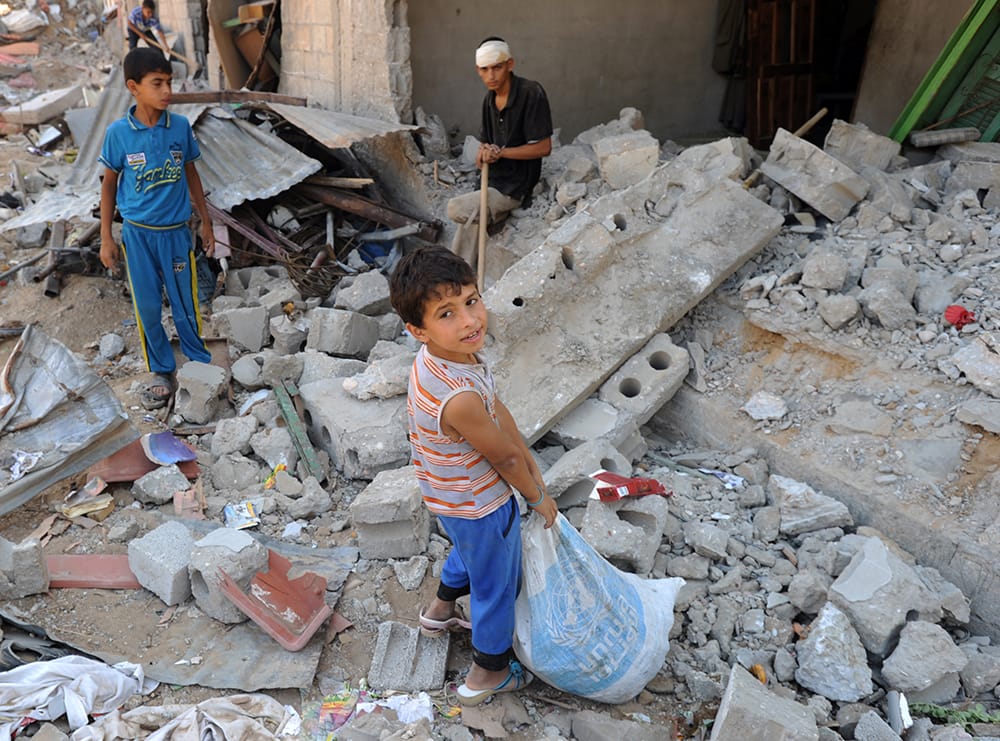In the midst of ongoing conflict in Gaza, individuals with disabilities are facing unprecedented challenges that exacerbate their already difficult circumstances. The chaos of war has not only intensified the physical dangers they face but has also disrupted the already limited access to essential services, healthcare, and support systems that are crucial for their survival and well-being.
According to the United Nations, approximately 1.5 million people in Gaza live with some form of disability, a figure that has been significantly impacted by the ongoing violence. As bombings and military operations disrupt daily life, individuals with disabilities find themselves increasingly isolated and vulnerable. Many of these individuals rely on caregivers and specialized services that have become scarce or completely unavailable in the current climate of chaos.
The recent escalation of violence has led to a humanitarian crisis, with reports indicating that hospitals are overwhelmed and medical supplies are dwindling. For individuals with disabilities, the situation is even more dire. Many are unable to evacuate to safer areas due to mobility issues, while others are trapped in buildings that have been damaged or destroyed. The UN has reported that access to rehabilitation services, which are essential for those with physical impairments, has been severely compromised.
Organizations like the Palestinian Disability Forum have been working tirelessly to advocate for the rights and needs of individuals with disabilities in Gaza. They emphasize the importance of inclusive humanitarian responses that take into account the unique challenges faced by this population. However, with the ongoing conflict, these efforts are often hampered by the lack of resources and safe access to affected areas.
In addition to physical barriers, the psychological toll of living in a conflict zone is particularly pronounced for individuals with disabilities. Many experience heightened levels of anxiety and trauma, which can exacerbate existing mental health conditions. The need for mental health support is critical, yet it remains largely unaddressed amidst the chaos of war.
International humanitarian organizations have called for increased attention to the needs of disabled individuals in conflict zones, urging for policies that ensure their protection and access to essential services. The situation in Gaza serves as a stark reminder of the importance of inclusive humanitarian efforts that prioritize the most vulnerable populations.
As the conflict continues, the plight of Gazans with disabilities must not be overlooked. Their voices need to be amplified, and their needs must be met with urgent action. The international community has a responsibility to ensure that humanitarian aid reaches those who are most in need, particularly those who are often left behind in times of crisis. Without a concerted effort to address these challenges, the future for individuals with disabilities in Gaza remains bleak, overshadowed by the ongoing turmoil and uncertainty.



